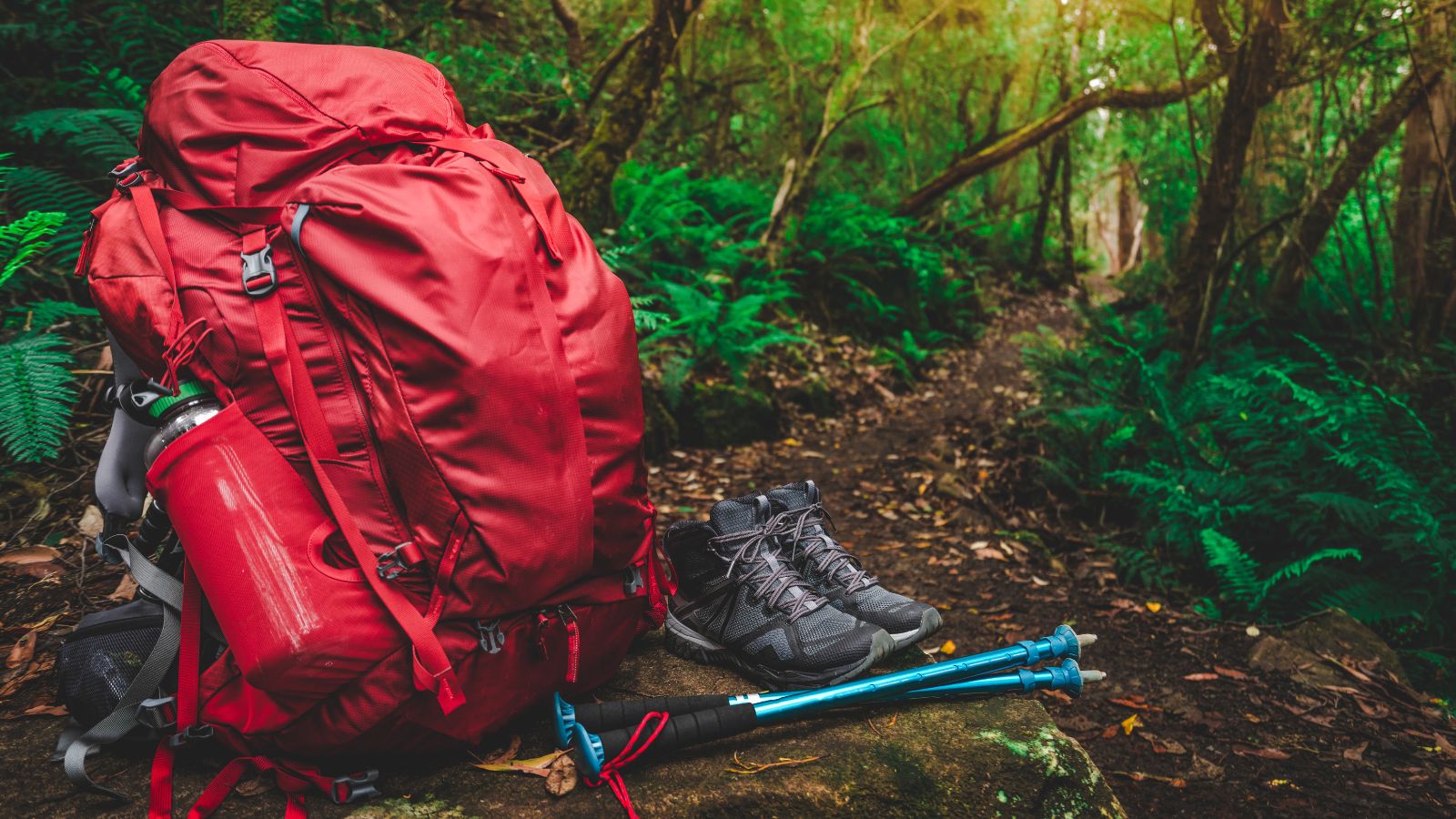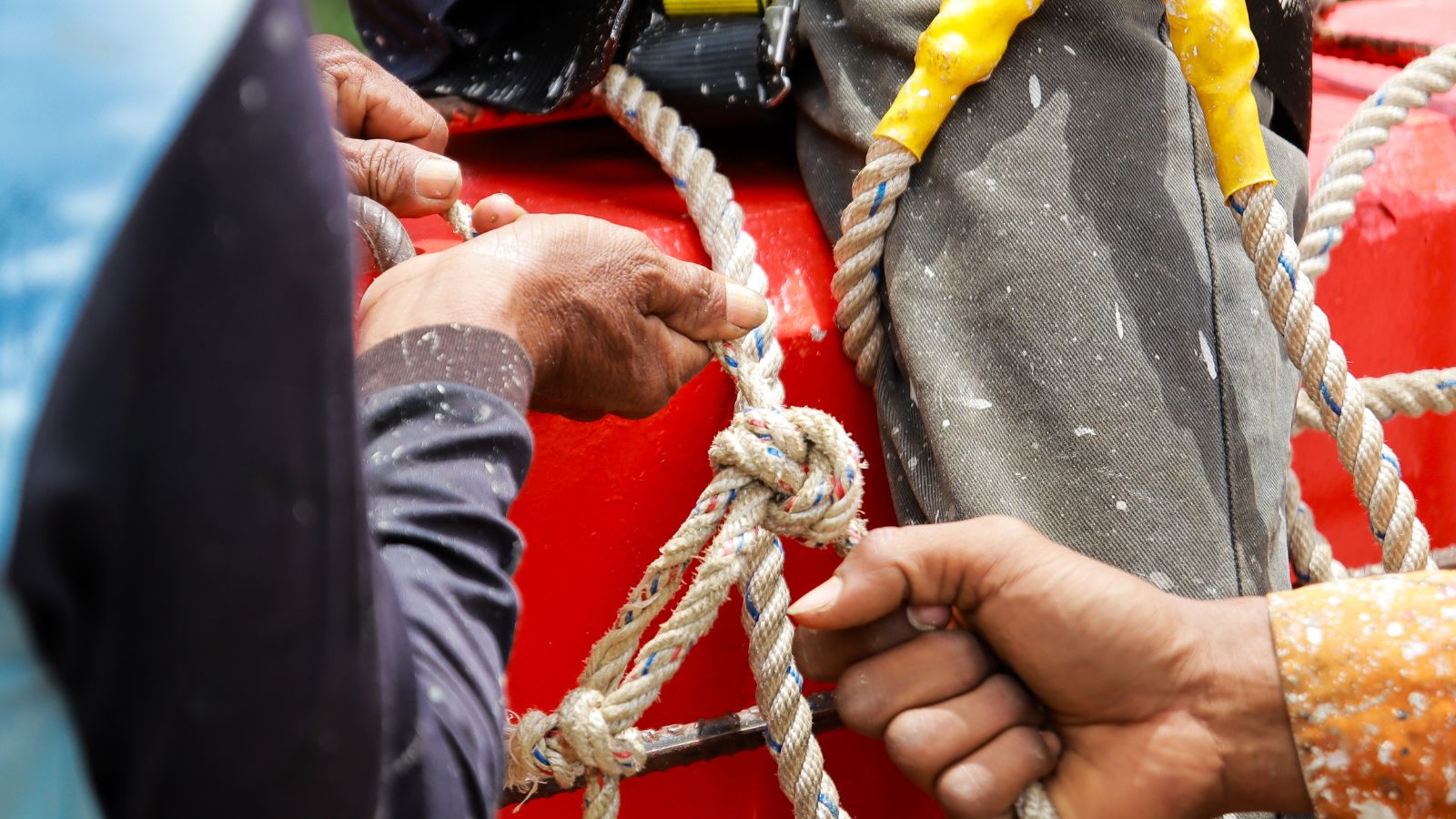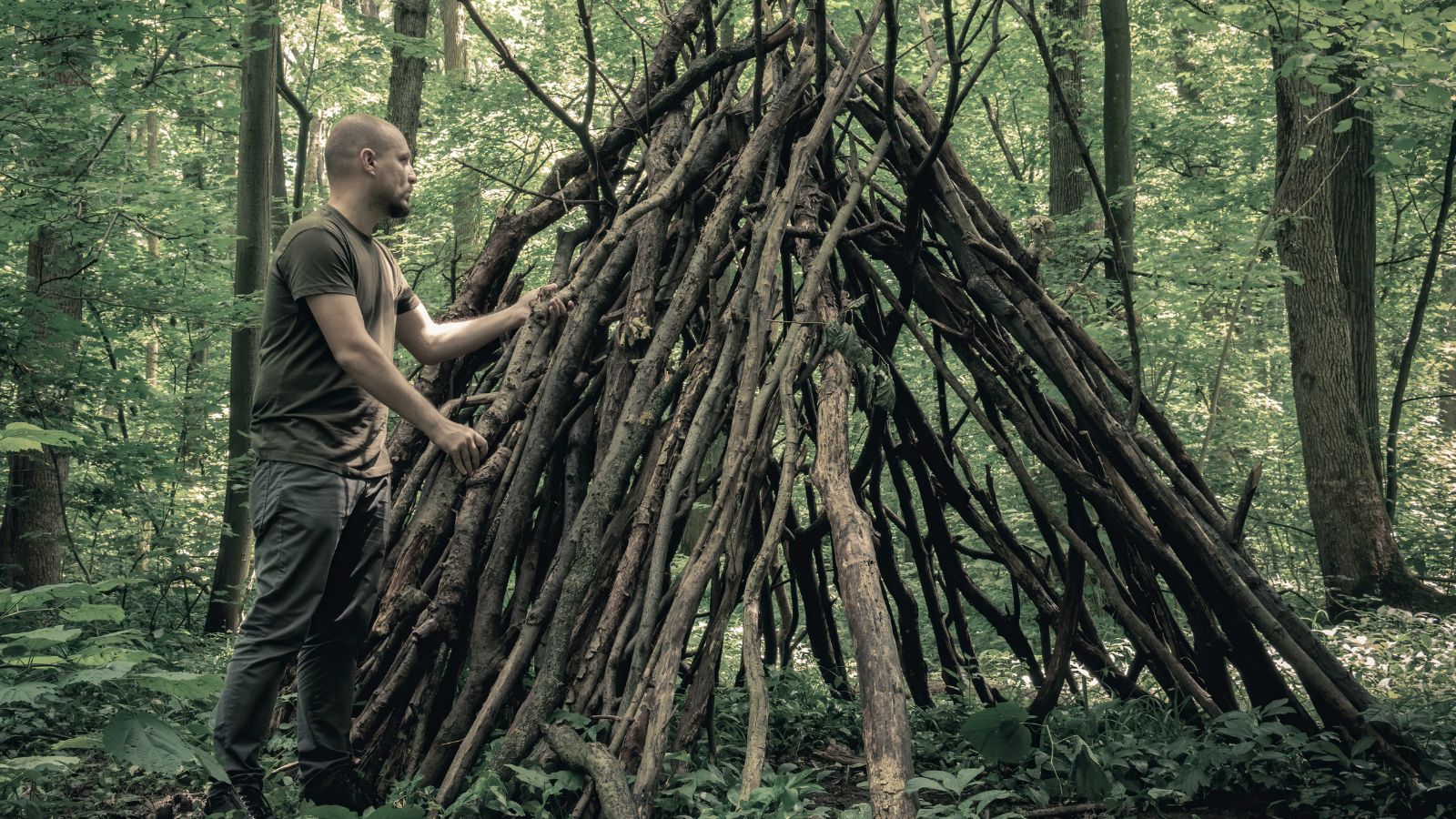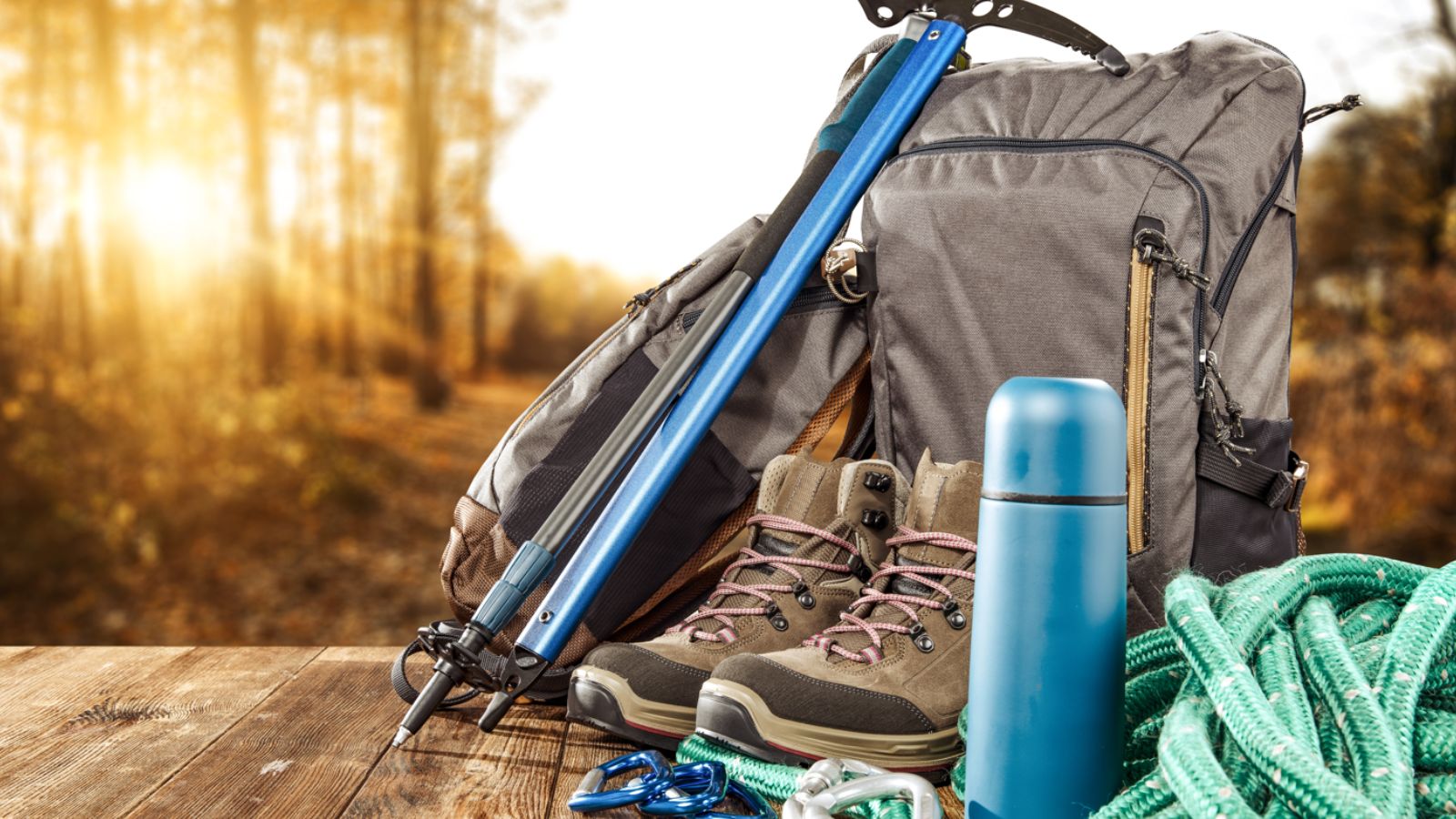The thought of a zombie apocalypse is a terrifying (and unlikely) one, but it doesn’t hurt to be prepared, does it? If the day ever comes that zombies have taken over, here are 17 essential tips to survive in a world of the undead. Gear up for the ultimate survival challenge!
Gather Essential Survival Gear

The first thing you must do if you find yourself in the midst of a real-life zombie apocalypse is to stock up on food, water, and medical supplies. If you can get your hands on tools for defense and shelter building, even better. Brunton suggests a map and compass, a first aid kit, and a flashlight, among other essentials. Be sure to prioritize items for long-term sustainability.
Find a Safe Shelter

Your house may not be your safest option, unless, of course, you have a super secure, secret underground bunker stocked with supplies. Considering that you probably don’t, it’d be best to seek out a secure and defensible location. Consider factors like visibility, accessibility, and resource availability.
Establish a Water Source

The bottles of water you have access to can only last so long. In the case of a zombie apocalypse, you probably can’t just run to the store for more, so you’ll need to find a natural, reliable, and clean water supply. It’d also be smart to use water filtration devices where possible and to do your best to store and ration water effectively.
Form a Survival Group

You’re likely not going to survive a zombie apocalypse alone, so it’s best to collaborate with trusted individuals. Seek out those you feel safe with, and combine your skills and resources for a better chance of survival. Each person should have a clear role and their own set of responsibilities.
Learn Basic Survival Skills

You might want to get started on this before the hypothetical zombie apocalypse begins. As shared by Mossy Oak, there are several basic skills you can learn in your own backyard, such as starting a fire, foraging for food, tying knots, making weapons, and more. Learning about first aid, hunting, and self-defense is also in your best interests.
Create a Communication Plan

Once you’ve formed a group with those you can trust, you’ll want to develop a solid and reliable way to communicate with fellow members in case of separation. You can use a mixture of traditional and improvised methods, such as walkie-talkies, satellite phones, or whistles, as a warning sign. Plan for different scenarios and contingencies.
Map Out Escape Routes

Though this may not have been meant as advice for a zombie apocalypse, First Alert shares some pretty good tips on creating an escape route that apply anyway. You’ll need to walk through the building and identify all exits, consider equipping windows with escape ladders if you have any, assign a meeting spot elsewhere, and practice the plan in advance.
Stay Informed

In the unlikely event of a zombie apocalypse, you’ll want to keep updated on the ongoing situation via any available means. Use radios or other communication tools for news, and stay aware of changes in the environment or threats. Who knows? If you’re not keeping an ear out for updates, you may be missing out on something big!
Maintain Physical and Mental Health

This may be tricky given the situation, but it’s important, where possible, to prioritize regular exercise and nutritious food. Do your best to address your mental health needs and try to work on stress management. Ensure adequate rest and recovery when needed.
Develop Self-Defense Strategies

If you’re worried about a zombie apocalypse, this is another tip you may want to start working on now. Getting trained in hand-to-hand combat and even weapon usage could be a big benefit if it comes to disaster. Practice situational awareness and threat assessment so that you’ll be able to create defensive structures and safe zones if needed.
Establish a Food Supply

If you want to start prepping for the hypothetical emergency in advance, Food Bunker recommends “ready-to-eat canned meats, fruits, and vegetables; canned juices, milk, and soup; high-energy foods like peanut butter, crackers, granola bars, and trail mix; and foods for infants, elderly persons, or persons on special diets.” In the apocalypse itself, however, it’d be best to learn to grow your own food, hunt, store, and ration.
Prepare for Long-Term Survival

After the short-term shock has worn off, you’ll want to begin preparing for your long-term survival. This involves developing skills for self-sufficiency, becoming more aware of your surroundings, and adapting to a totally new way of life, which can be challenging.
Stay Mobile and Flexible

In the event of a zombie apocalypse, you’ll always need to be ready to get moving at the last minute. This means you can’t get too attached to one location. You must keep your essential items packed for a quick departure and be willing and able to adapt plans as situations evolve.
Build a Safe Community

We’ve already discussed forming a survival group, but it’s important to build a safe community around this group. A supportive and collaborative environment is essential to survival. Everyone must share responsibilities and resources equitably. A sense of normalcy and routine is the best way to move forward.
Learn to Survive Environmental Hazards

You may not have a solid, stable shelter in the event of a zombie apocalypse, especially if you’re constantly on the go. So, it’s important to prepare for weather changes and natural disasters. You should learn how to create a shelter out of minimal resources and teach yourself survival tactics for different climates.
Maintain Equipment

In order to survive as long as possible in a zombie apocalypse, you should regularly check and maintain your survival gear. Also, remember to store your equipment properly to prevent damage. ForRent.com recommends looking around your home for gear that you can use to defend yourself.
Develop a Plan for Rebuilding

After the initial panic and survival phase has passed, it’s time to think about rebuilding or creating some form of society in a safe place that can keep zombies at bay. You’ll want to consider community, agriculture, and governance. Create a plan with your trusted community for the long-term future and restoration.
